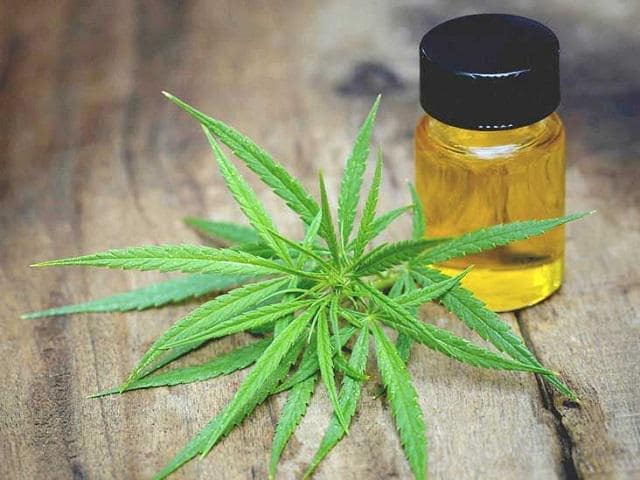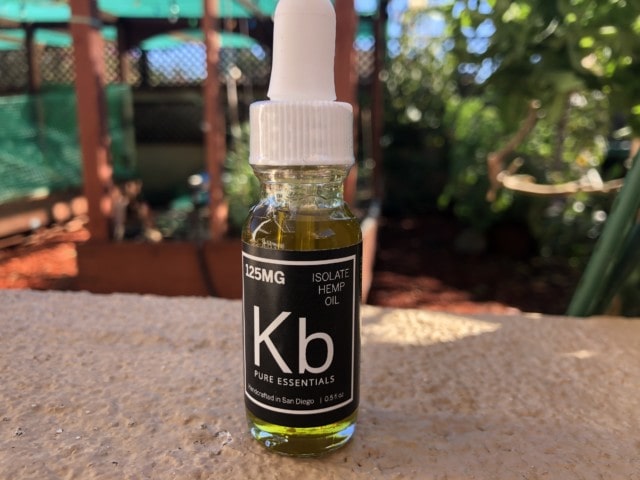Beneficial Properties of Hemp Seeds

Due to its undeniable relationship with hemp and the legal implications that revolve around its cultivation and commercialization; hemp, famous also for the beneficial properties of the seeds, is one of the products with the greatest controversy regarding its use, due to the little information and a large number of myths that are handled. In Hemp, we use them to give that special and characteristic touch to our drink and that is why we bring you this article so that you can know more about them.
What is hemp?
It is the common denomination for the variety of plants coming from the family of the cannabáceashemp. With maximum heights of up to two meters, it consists of a long and hollowed stem provided with lanceolate leaves.
The benefits of this plant are based on the possibility of taking advantage of each of its components; thus, vegetable fiber could be obtained from its stem, oils, flours from its seeds, and medicinal compounds from its leaves.
The cannabinoid resins; whose psychoactive effects have been recognized and used in the elaboration of illegal drugs are associated with delta-9-tetrahydrocannabinol (THC); and medicines, associated with the content of cannabidiol (CBD). Hemp as such, presents a very low concentration of THC, unlike CBD levels that are in higher proportion and that potentiates its medicinal effects on the organism.
In what forms can we ingest hemp?
The word “hemp” is used interchangeably to refer to the fiber, the plant, or some of its derivatives, among which we can mention:
- Hemp seeds (whole or shelled): known as hemp seeds, when whole they are an important source of carbohydrates; although their distribution must follow a series of rules including sterilization to prevent them from becoming plants. Once shelled, their protein potential increases and their flavor improves substantially; although the uses, in both cases, are similar.
- Hemp oil: obtained by crushing the seeds to extract its essential oils rich in Omega-3 and Omega-6. Ideal for its consumption in the kitchen; although its exposure to heat should be avoided to prevent its oxidation.
- Hemp flour: like other seeds, it is possible to process it dry to obtain flour, in which the hull is generally included, and protein powder, when it is processed without the hull.
- Hemp milk: non-dairy and lactose-free product, similar to products such as almond milk or soy milk, as vegan alternatives.
In each of its presentations, the hemp seed is presented as the main element in the use of this plant. Its use has become popular and has expanded to a wide variety of people; mainly because of the benefits of hemp seeds. Please take a moment to visit their web page to find more information.

Beneficial properties of hemp seeds
Hemp seed, considered within the category of superfoods, offers the benefits associated with its high content of essential amino acids and polyunsaturated fatty acids, such as linoleic acid, linolenic acid, Omega-3, and Omega-6.
Its chemical composition confers, therefore, certain beneficial properties on the organism such as:
Prevention of heart disease.
As carriers of alpha-linolenic acid (ALA), the stabilizing properties of the cardiovascular system are directly transferred to food. On the other hand, the regulation of coagulation processes is attributed to the consumption of Omega-3 in its variations known as EPA and DHA.
These properties, which intervene in circulatory processes, show a physiological effect on cardiac health that could prevent, in some cases, cardiovascular pathologies.
Other associated benefits indicate cholesterol-lowering properties and cellular control associated with the accumulation of arterial fat and atherosclerosis.



